Good Poetry as “A Gut Punch”: A Conversation with Kate Gaskin
Kate Gaskin is the author of Forever War (YesYes Books 2020), which won the Pamet River Prize. Her poems have appeared in Guernica, Pleiades, Passages North, 32 Poems, Cherry Tree, and Blackbird, among others. She is a recipient of a Tennessee Williams Scholarship to the Sewanee Writers’ Conference, as well as the winner of The Pinch’s 2017 Literary Award in Poetry. She grew up in a small town in central Alabama and currently lives in Omaha, Nebraska.
Staff member Matt Hawk sat down with her recently to discuss her writing philosophy, in addition to her childhood memories and favorite current TV shows:
Do you have a favorite childhood memory, or one you remember most vividly?
This is a dead giveaway for my age, but one of my most vivid memories is being obsessed with Disney's Robin Hood. The fox version of Robin Hood is canonically the only version, and I was in LOVE with him. I used to pretend to be Maid Marian by draping a (clean) cloth diaper over my head.
In your mind, what sets a really good poem apart from the rest? Are there a number of factors, or is it more of an indiscernible quality?
I always experience a good poem as a gut punch. There's definitely an indiscernible quality to what makes many good poems good, but my poetic tastes also obviously influence me. I love unique and fresh imagery, tight language, lyricism, rhythm, and sound-play. A poem that manages to utilize all these elements while also showing that there's something vital at stake will probably knock me out.
Is there a series or show you are watching right now, or one you have watched previously and loved, that you would recommend?
Russian Doll is gorgeously, cleverly written, shot, acted, and edited. I'm also really enjoying Crazy Ex-Girlfriend, which explores mental illness with empathy and good humor.
For you, how important is it to read contemporary and/or canonical poetry?
So important! I feel like I have my bases covered regarding a lot of contemporary poetry, so I'm currently trying to fill in some canonical gaps in my knowledge. But I'm also trying to rethink what is considered canon so that I'm reading more than just straight white men.
What advice would you give to writers submitting poems to the Pinch Literary Awards?
The poems you enter in any contest, including to The Pinch, should be able to stand on their own emotionally, narratively, and lyrically. And they should leave everything out on the field. They should pull no punches. There should be no holds barred. I'm just now realizing that a lot of sports metaphors also work for poetry.
